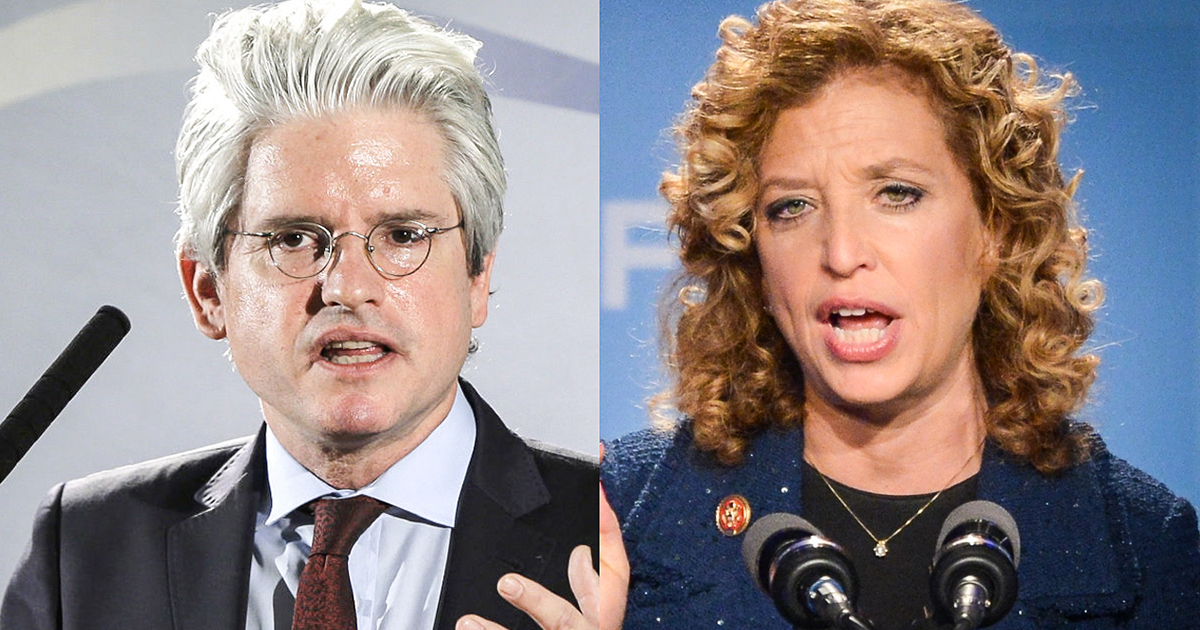The voices of anti-gay evangelical hate got louder after the Supreme Court ruled that gay marriage is a constitutional right, except one. In the mix of bigotry and anti-gay vitriol, a reasonable religious voice has found its way through the muck.
Adam Phillips is the Pastor of Christ Church in Portland, Oregon, and he believes that right-wing evangelicals are wrong to exercise the amount of anger and hate that has become the trend. In fact, Phillips celebrates the ruling, saying that the Supreme Court “finally caught up to the movement of the Holy Spirit.” Giving the ruling outright religious support is huge.
“I am an evangelical Christian pastor (and proud of it),” wrote Phillips in a Huffington Post op-ed. “I believe that the freedom bell of love and justice just peeled a little louder and the arc of history is bent a little closer to justice.”
Rather than be outraged and say that the Court’s ruling is an injustice to Christians, Phillips does the Christ-like thing and sees the ruling as justice for others who have been yearning for it. He’s actually thinking about someone other than himself, the opposite of which is a common trait among average Christians.
Public figures like Rick Santorum, Mike Huckabee, dissenting Justice Scalia, and countless evangelicals have strongly opposed the ruling and say that it’s a blight on American society. Some actually believe it’s the sign of the end times.
Phillips not only discourages the hateful reaction, but he also explains why their Biblical interpretations on marriage are incorrect.
“They’re dead wrong about the Bible and about their commitment to Marriage Exclusion,” wrote Phillips. “Too often, religious conservatives will claim that marriage equality not only redefines holy matrimony, but is against biblical marriage. But the Bible has curiously malleable, sometime contradictory, dramatically heterodox definitions of marriage.”
Brilliantly, Phillips goes on to explain how many Biblical interpretations and rules on marriage are outdated and no longer socially accepted.
There’s the definition of Biblical marriage in which a man must marry his deceased brother’s wife. Then there’s the Biblical marriage definition that mandates a raped woman to be wed to her rapist, but only after the rapist pays the raped woman’s father 50 coins… Then there’s the complicated story where Moses and the Israelites conquer the Midianites and divide the spoils, including property, livestock and women, marrying conquered Midianite women off to the victorious soldiers. Sound like Game of Thrones? It’s in the Bible (see Numbers 31)… The Bible also defines marriage and family rules when it comes to slave ownership: the married slaves may eventually go free, but the children of that union must stay enslaved… The Bible allows for polygamy, too.
Outside of Phillip’s examples, the Bible offers some other outdated rules that say eating shellfish is bad, wearing certain fabrics is bad, and owning a slave is okay. As society evolves, the rules governing it must also evolve. Phillips makes this case and does so terrifically.
Marriage isn’t an exclusionary right reserved just for Christians. It’s a human right to be enjoyed by anyone who’s willing to take the plunge.



